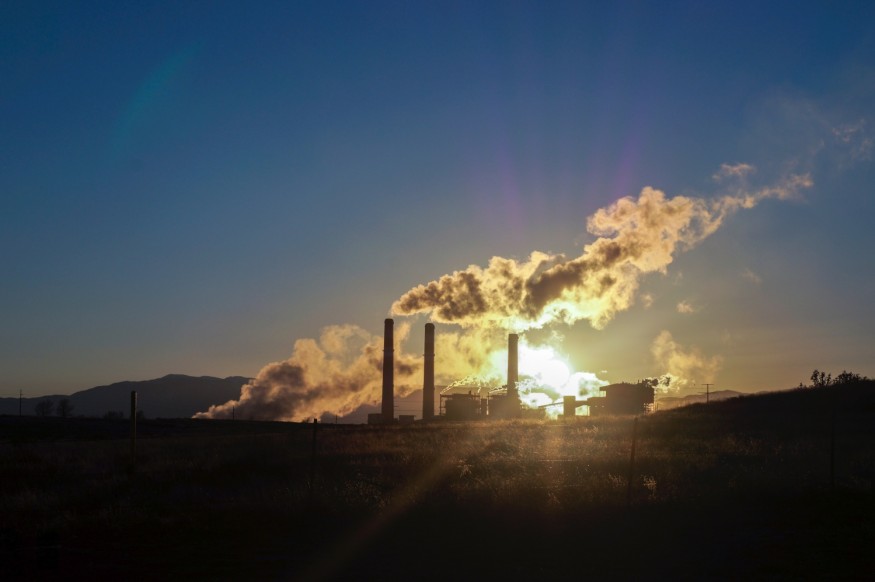As the planet's temperature continues to rise, scientists and researchers worldwide are pushing for net zero-emission, claiming that it is the best way to stabilize the rapid global warming.
Many people subscribe to the popular misconception that the spiking heat index is inevitable. However, that might not be entirely accurate, at least for the most part. Because the rise of the Earth's temperature might not completely stop, it can stabilize.
What is the difference between stabilization and putting it to a complete halt? Unlike aiming to stop global warming entirely, stabilization only seeks to neutralize the factors that hasten the rapid global heat spikes. Meaning, it seeks to slow down the inevitable climate change. It aims to delay or decelerate the intense and unnatural pace of the greenhouse effect.
Now, how would this be possible? By achieving a global net zero-emission.
What is net zero-emission?

To understand the net-zero emission initiative, one must first understand what net emission is.
Net emission refers to the total or overall gross greenhouse gas emissions, including all-natural and artificial greenhouse gas production.
Natural greenhouse gases are those particles in the atmosphere created by natural causes; some of these are:
- Carbon dioxide;
- Carbon monoxide;
- Methane;
- Water vapor; and
- Nitrous oxide.
Artificial greenhouse gases are created by human activities like car exhausts, factory emissions, fuel combustion, and the likes. Examples of these gases are:
- Chlorofluorocarbons (CFC);
- Hydrofluorocarbons (HFC);
- Perfluorocarbon (PFC); and
- Sulfur hexafluoride (SF6)
Now, back to 'net zero emissions,' it is the goal to balance greenhouse gas emissions released and the amount of greenhouse gas emissions taken out of the atmosphere.
It's like balancing a scale; if producing too many greenhouse gases tips the scale, the aim would be to get the scale back in balance. Sure, it would be impossible to stop the release of natural greenhouse gases. Still, it would be possible to lessen the emission of artificial particles in the atmosphere as those are what shakes the balance.
This was one of the initiatives discussed in the Paris agreement, where almost every country participated in.
Paris Agreement
The Paris Agreement was an international treaty or convention where the countries who participated discussed the necessary means to mitigate the effects of climate change. The event's goal was to maintain the global temperature to the preferable 1.5 degrees Celsius and combat the possible 2 degrees heat spike.
Why is net-zero important?

Climate change is something that would affect everyone and everything on the planet. If people would continue to go on its carefree lifestyle, chances are, everyone would feel the dire impacts of it sooner than later. That is if the effects would still allow habitability and survival.
Due to the enormous stakes involved, the road to zero-emission is of great importance. However, it's not just about leveling the scales by reducing the artificial gas emissions; it would also benefit everyone if the atmosphere would be restored to how it once was before the abused state that it is right now. By doing so, living conditions can significantly improve.
Because, after all, we currently have the technologies to reach such goals. What is in dire need right now is the drive to pursue such lifestyle changes: one that will benefit everyone and everything in the long run.
For more news update about Climate Change and similar topics, don't forget to follow Nature World News!
© 2025 NatureWorldNews.com All rights reserved. Do not reproduce without permission.





